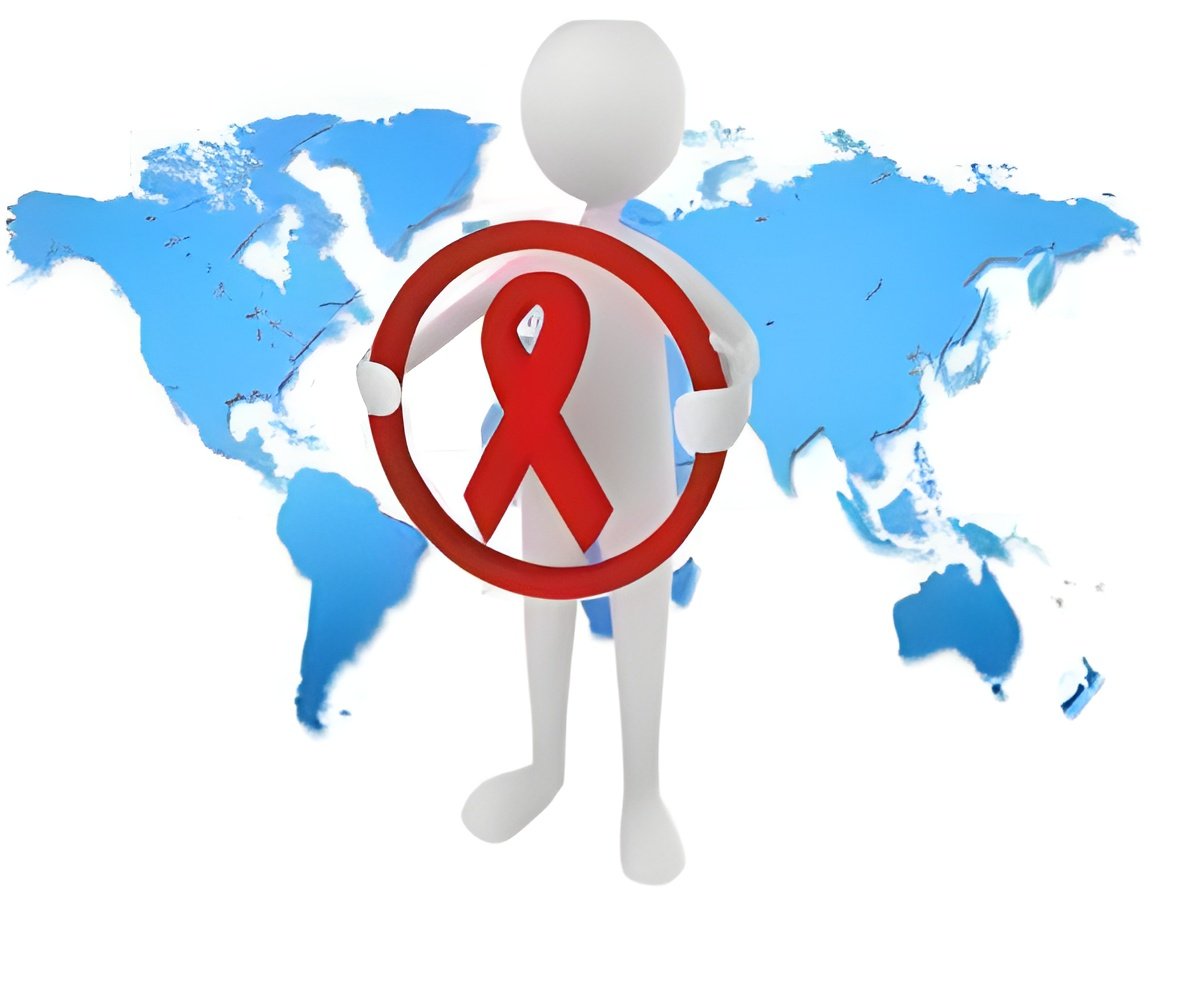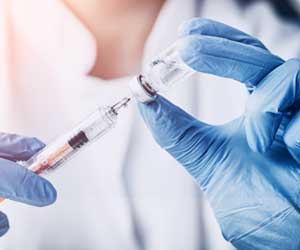World Health Organization (WHO) has issued new HIV testing recommendations to help countries reach the 8.1 million people living with HIV, who are unable to obtain lifesaving treatment.

‘World Health Organization (WHO) has issued new HIV testing recommendations to help countries reach the 8.1 million people living with HIV, who are unable to obtain lifesaving treatment.’
Read More..




Read More..
- WHO is encouraging all countries to adopt a standard HIV testing strategy which uses three consecutive reactive tests to provide an HIV positive diagnosis. Previously, most high burden countries were using two consecutive tests. The new approach can help countries achieve maximum accuracy in HIV testing.
- WHO recommends countries use HIV self-testing as a gateway to diagnosis based on new evidence that people who are at higher HIV risk and not testing in clinical settings are more likely to be tested if they can access HIV self-tests.
- WHO also recommends social network-based HIV testing to reach key populations, who are at high risk but have less access to services. These include MSM, people who inject drugs, CSW, transgender population and people in prisons. These “key populations” and their partners account for over 50% of new HIV infections. For example, when testing 99 contacts from social networks of 143 HIV-positive people in the Democratic Republic of Congo, 48% tested positive for HIV.
- The use of peer-led, innovative digital communications such as short messages and videos can build demand- and increase uptake of HIV testing. Evidence from Viet Nam shows that online outreach workers counselled around 6 500 people from at-risk key population groups, of which 80% were referred to HIV testing and 95% took the tests. The majority (75%) of people who received counselling had never been in contact before with peer or outreach services for HIV.
- WHO recommends focused community efforts to deliver rapid testing through lay providers for relevant countries in the European, South-East Asian, Western Pacific and Eastern Mediterranean regions where longstanding laboratory-based method called “western blotting” is still in use. Evidence from Kyrgyzstan shows that HIV diagnosis which took 4-6 weeks with the “western blotting” method now takes only 1-2 weeks and is much more affordable resulting from policy change.
- Using HIV/syphilis dual rapid tests in antenatal care as the first HIV test can help countries eliminate mother-to-child transmission of both infections. More integrated approaches for HIV, syphilis and hepatitis B testing is also encouraged.
Source-Medindia















